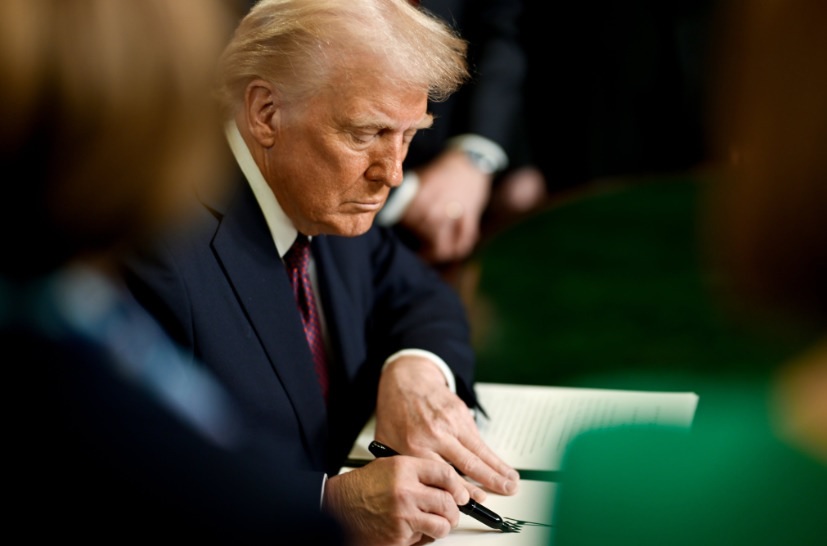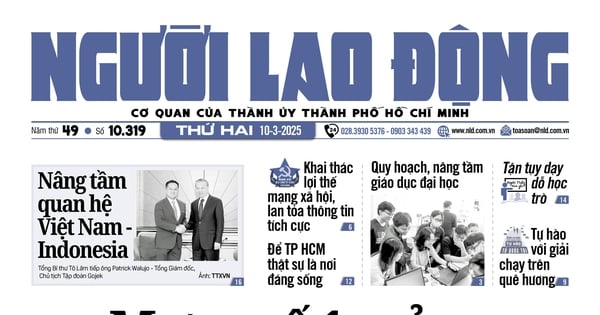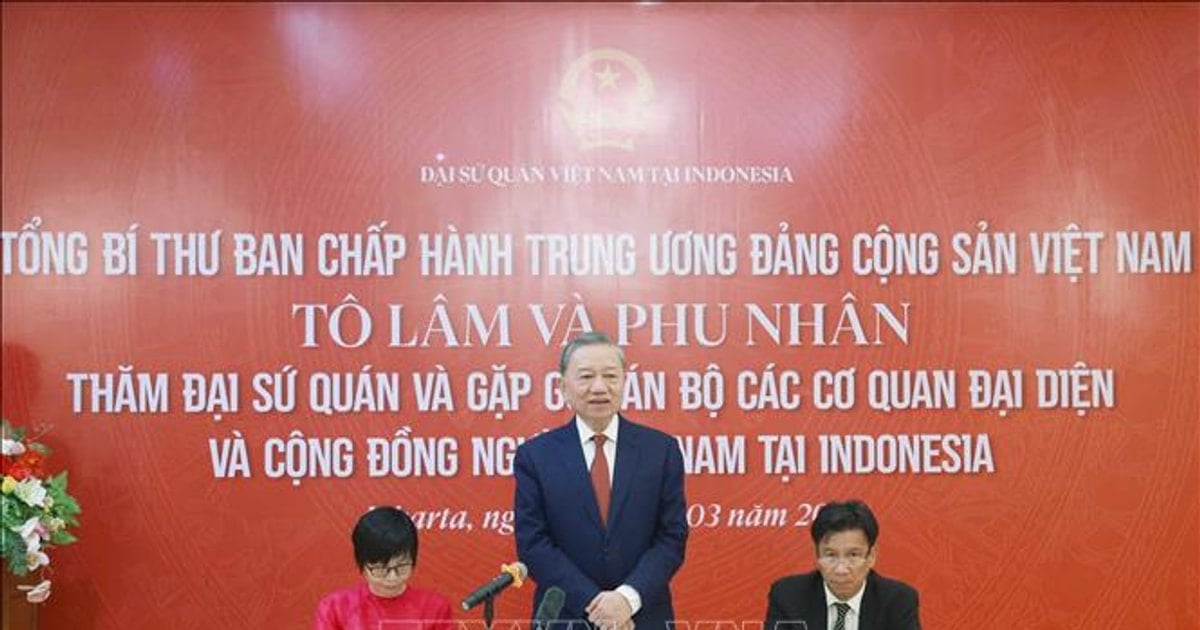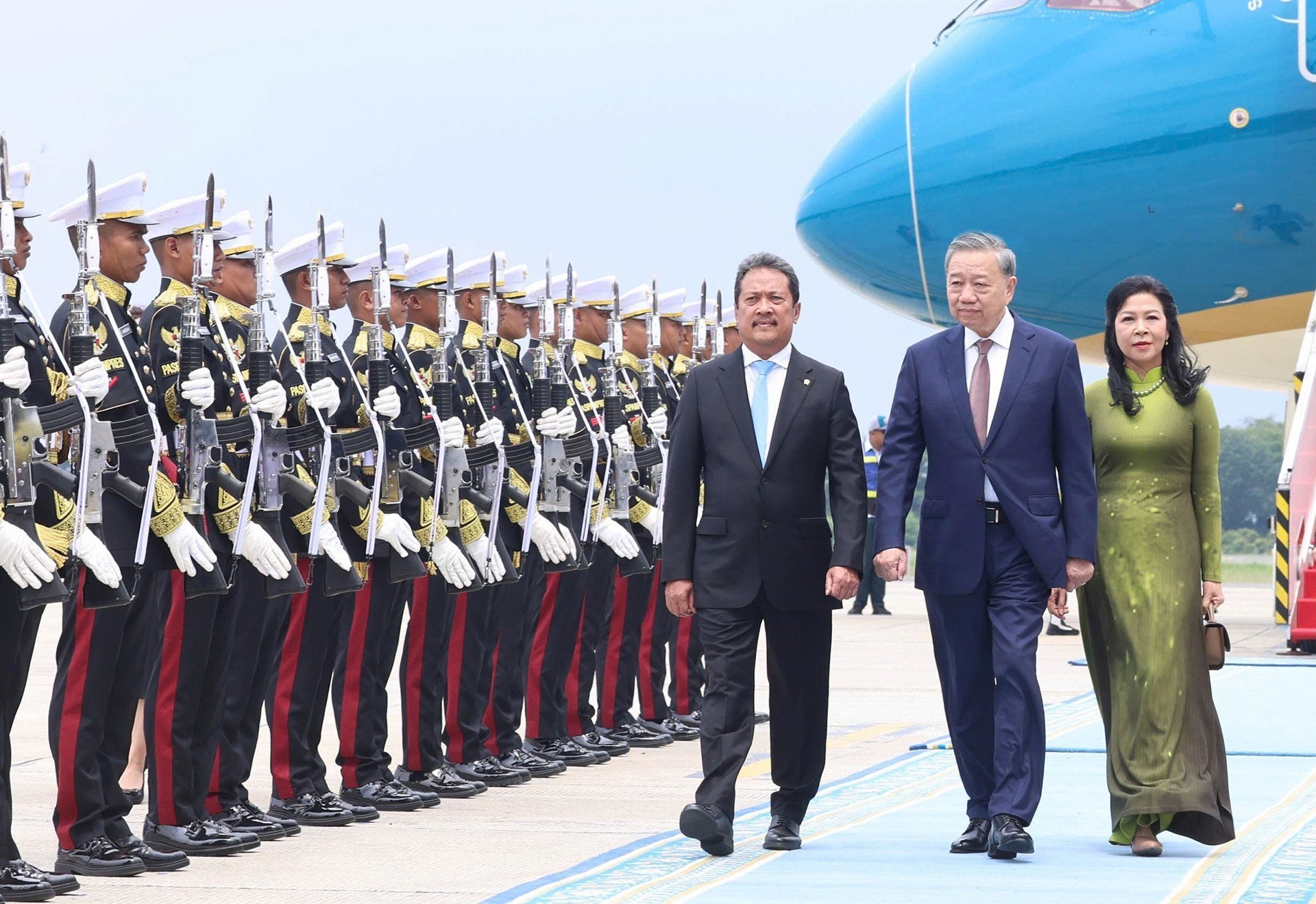(CLO) Immediately after President Donald Trump imposed new tariffs on goods from Mexico, Canada and China, these countries immediately responded. This shows that the tariff war is entering a tense phase right from the first days of the Trump 2.0 administration.
Canadian Prime Minister Justin Trudeau announced a 25% tariff on $155 billion worth of US exports, with tariffs on $30 billion worth of goods set to take effect on February 4, and another $125 billion worth of products expected to be imposed over the next 21 days, “to allow Canadian companies and supply chains to explore alternatives.” The restrictions will apply to electric vehicles, trucks, buses, steel, aluminum products, certain fruits and vegetables, aerospace products, dairy products, pork and beef, according to the Canadian government.
Mexico has also vowed to retaliate after the Trump administration’s tariffs, although details of its retaliation plan have not been released. Mexican President Claudia Sheinbaum criticized Trump’s tariffs, saying she had instructed the country’s economy minister to “implement Plan B, which includes tariff and non-tariff measures to protect Mexico’s interests.”

US President Donald Trump. Photo: White House
China’s Ministry of Commerce has threatened to file a lawsuit with the World Trade Organization (WTO). However, observers say this is unlikely to change President Donald Trump’s stance, as the US has blocked the WTO’s trade dispute settlement body (the Appellate Body) since President Barack Obama’s term (2009-2017) by boycotting the confirmation of judges. This means that in practice, the body has not been active.
Tariffs - America's bargaining chip
President Donald Trump used the International Emergency Economic Powers Act of 1977 (IEEPA) to impose the new tariffs, marking the first time the law has been used to impose tariffs on countries. On social media X, Mr. Trump emphasized that the tariffs were imposed “because of the great threat of illegal immigration and deadly drugs destroying our citizens, including fentanyl.”
The US trade with Canada, Mexico and China is worth about $1.6 trillion annually. The Trump administration is expected to use tariffs as a bargaining chip and a tool to force changes in foreign policy, particularly on immigration and drug trafficking issues.
China will take necessary countermeasures to protect its interests and rights, a foreign ministry spokesperson said. China called the fentanyl discussion an “excuse” for the restrictions and stressed that the fentanyl issue is a US issue.
As for illegal immigrants, according to US government data, the flow of immigrants mainly comes from Mexico, while there are still many cases of using the US-Canada border to enter the US from the north. According to the US Migration Policy Institute, there are about 11 million illegal immigrants in this country (though the actual number may be higher).
According to Vladimir Vasiliev, an expert at the Institute of the United States and Canada, Russian Academy of Sciences, in addition to wanting to put pressure on Mexico and Canada through tariffs to bargain on immigration issues and negotiate a reformatting of the USMCA agreement in a favorable direction, President Donald Trump wants to promote domestic political interests.
Trump’s top priority is to cut corporate taxes, but that could open him up to criticism because it would widen the national budget gap. And so, according to President Trump, harsh tariffs on Mexico, Canada and China would at least help cool things down.
President Donald Trump is reportedly planning to extend the 2017 tax law, which specifically reduces the corporate tax rate from 35% to 21% and generally reduces the tax burden on people. During his election campaign, Trump promised to cut the corporate tax rate to 15% for companies that manufacture in the US.
According to the Congressional Budget Office, just extending the 2017 law could increase the deficit by $4.9 trillion over 10 years. CBS News estimates that imposing a blanket 10 percent tariff on all imports would add $1.9 trillion to the U.S. economy over the same 10 years.
Unforeseen consequences
During his first term as president, Trump imposed tariffs on Canada and Mexico, but these restrictions only affected individual items, not all goods from those countries. In addition, the US administration also imposed certain restrictions on European countries. With China, the two powers fought a trade war between 2018 and 2020, imposing tariffs on each other.
By mid-January 2020, the US and China had agreed on a phase one trade deal that was seen as a stabilizing step in bilateral relations, but implementation of the deal was nearly impossible after the COVID-19 pandemic broke out. Under President Joe Biden, tariff pressure on China has increased.
President Donald Trump’s harsh tariff policies have not been well received by the country’s officials. The Wall Street Journal (owned by media mogul Rupert Murdoch) has criticized the current tariffs, calling them “the stupidest trade war in history.” Republican Senator Rand Pauk has also spoken out against the tariffs, arguing that they will only increase prices.
Vedomosti quoted Andrei Kochetkov, an investment expert, as saying that tariffs could be helpful if they increased the efficiency of the domestic economy, but the 25% tariff on Canada and Mexico seemed to be a heavy blow to US manufacturers themselves, who would be under pressure due to rising input costs and production difficulties.
American consumers will also be hard-pressed to avoid the impact: tariffs on Chinese goods, currently at 10%, will push up prices, especially for low- and middle-income people. According to expert Andrei Kochetkov, the world could once again witness rising inflation, rising credit costs, and the risk of stagflation for the US economy.
Meanwhile, Alexander Daniltsev, director of the Institute of Trade Policy at the Higher School of Economics in Moscow, said that President Donald Trump’s decision could disrupt trade activities and complicate relations between the US and other countries. Tariffs will disrupt current supply chains, especially with Mexico and Canada, where severe traffic congestion could occur at the border between the two countries. The result will be a breakdown in production chains, cooperation links, as well as lawsuits and retaliation tariffs later.
Hung Anh
Source: https://www.congluan.vn/cuoc-chien-thue-quan-cang-thang-ngay-tu-nhung-ngay-dau-cua-ky-nguyen-trump-20-post333138.html
































































































Comment (0)